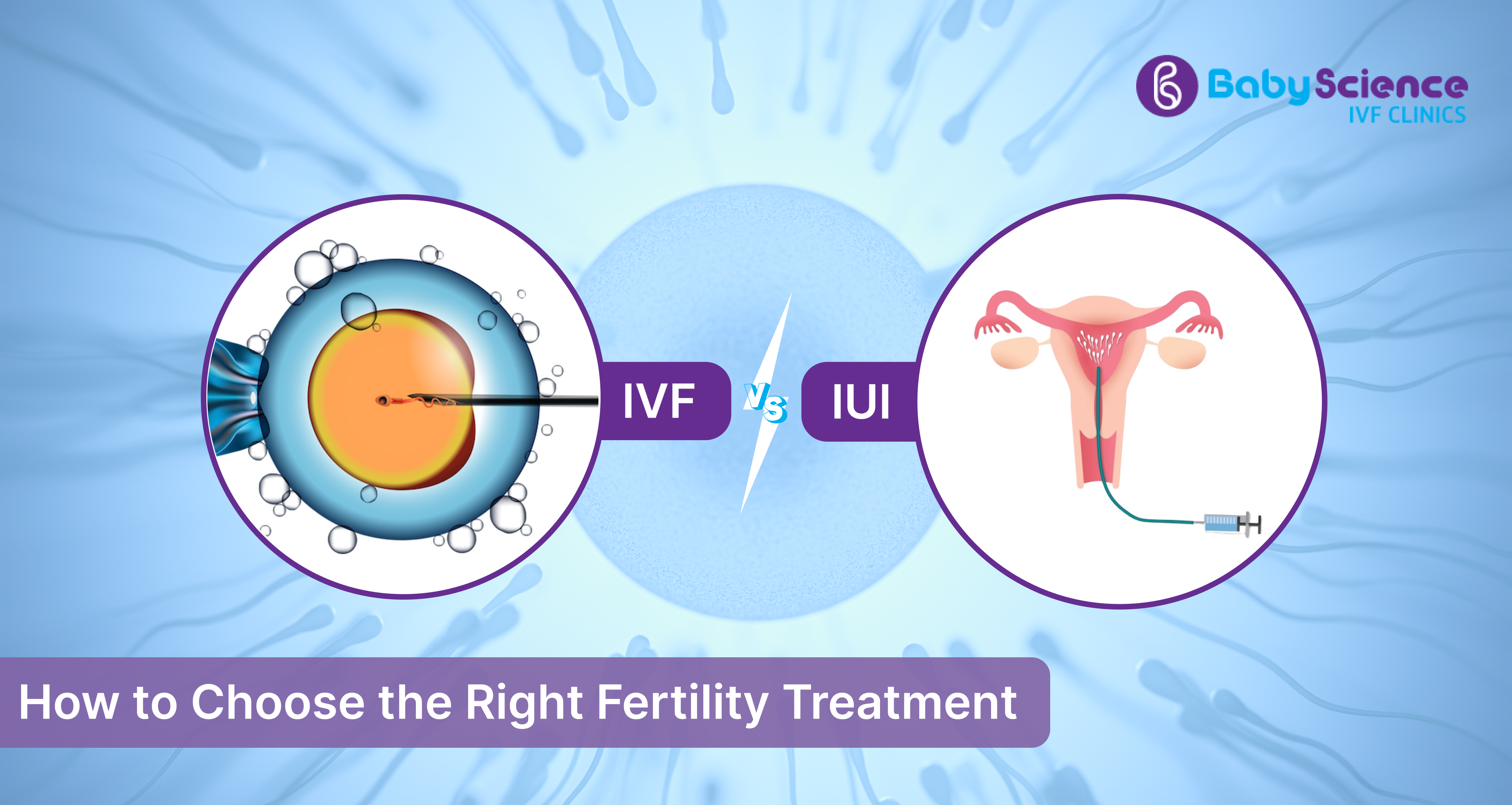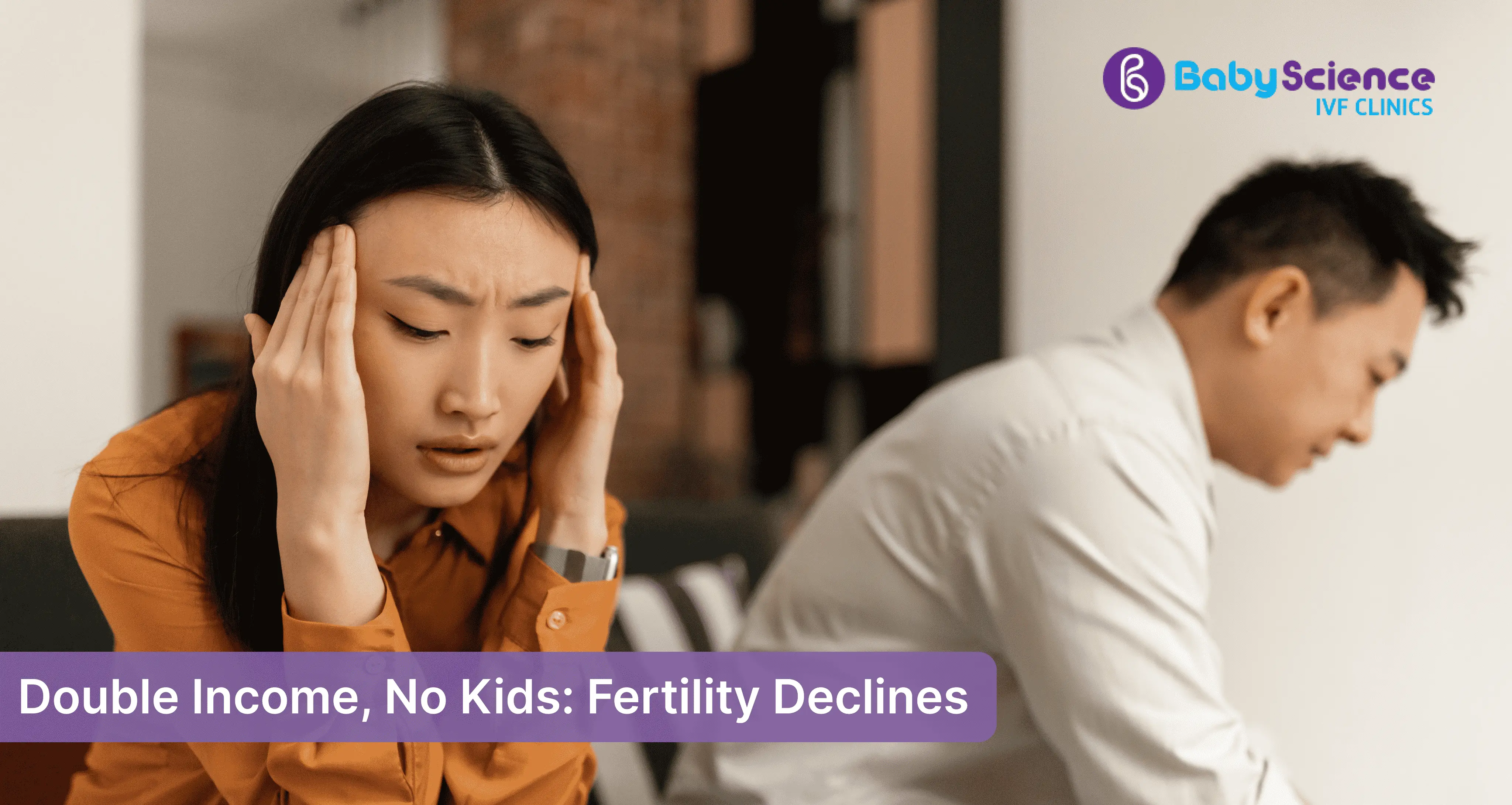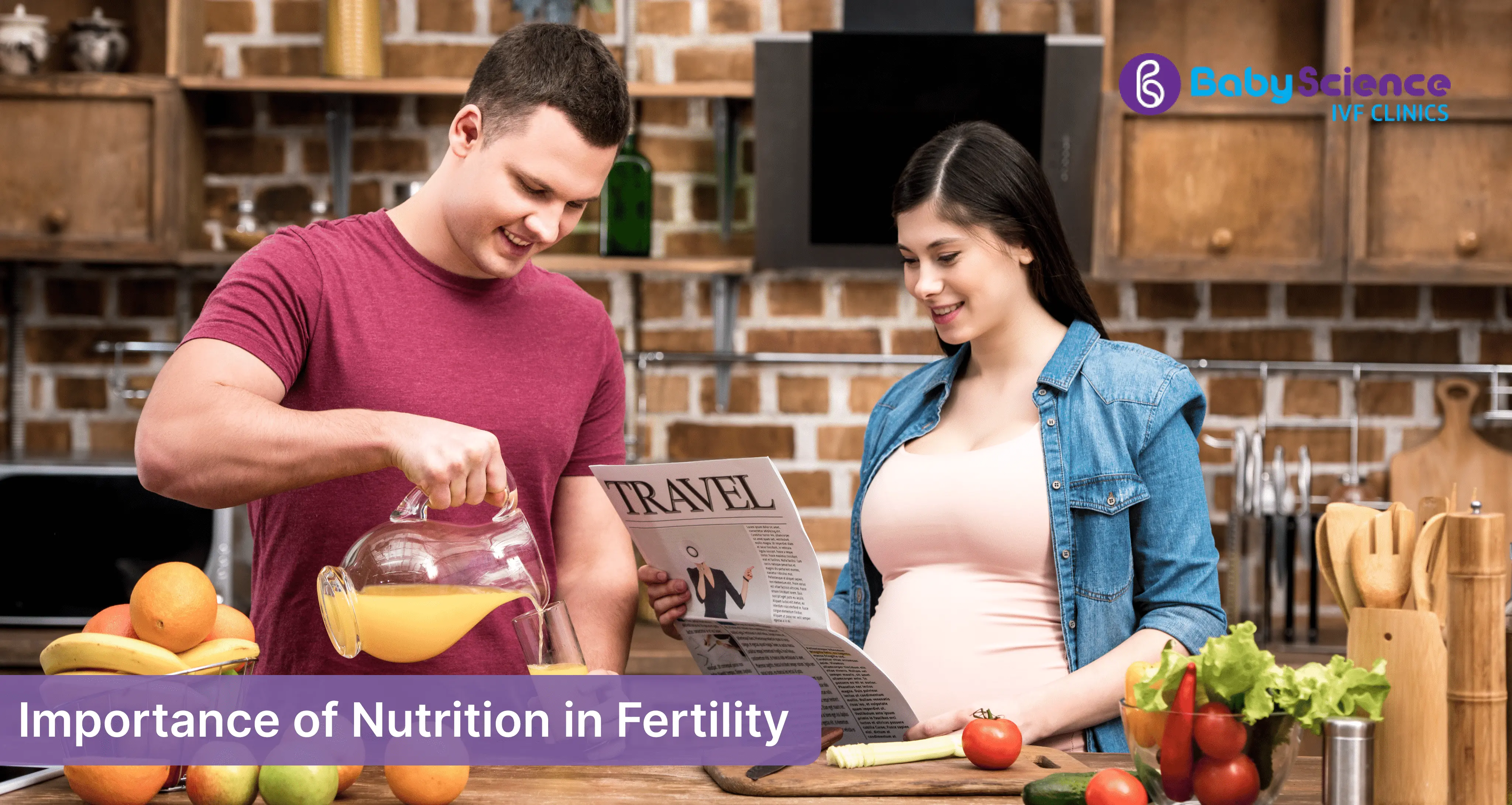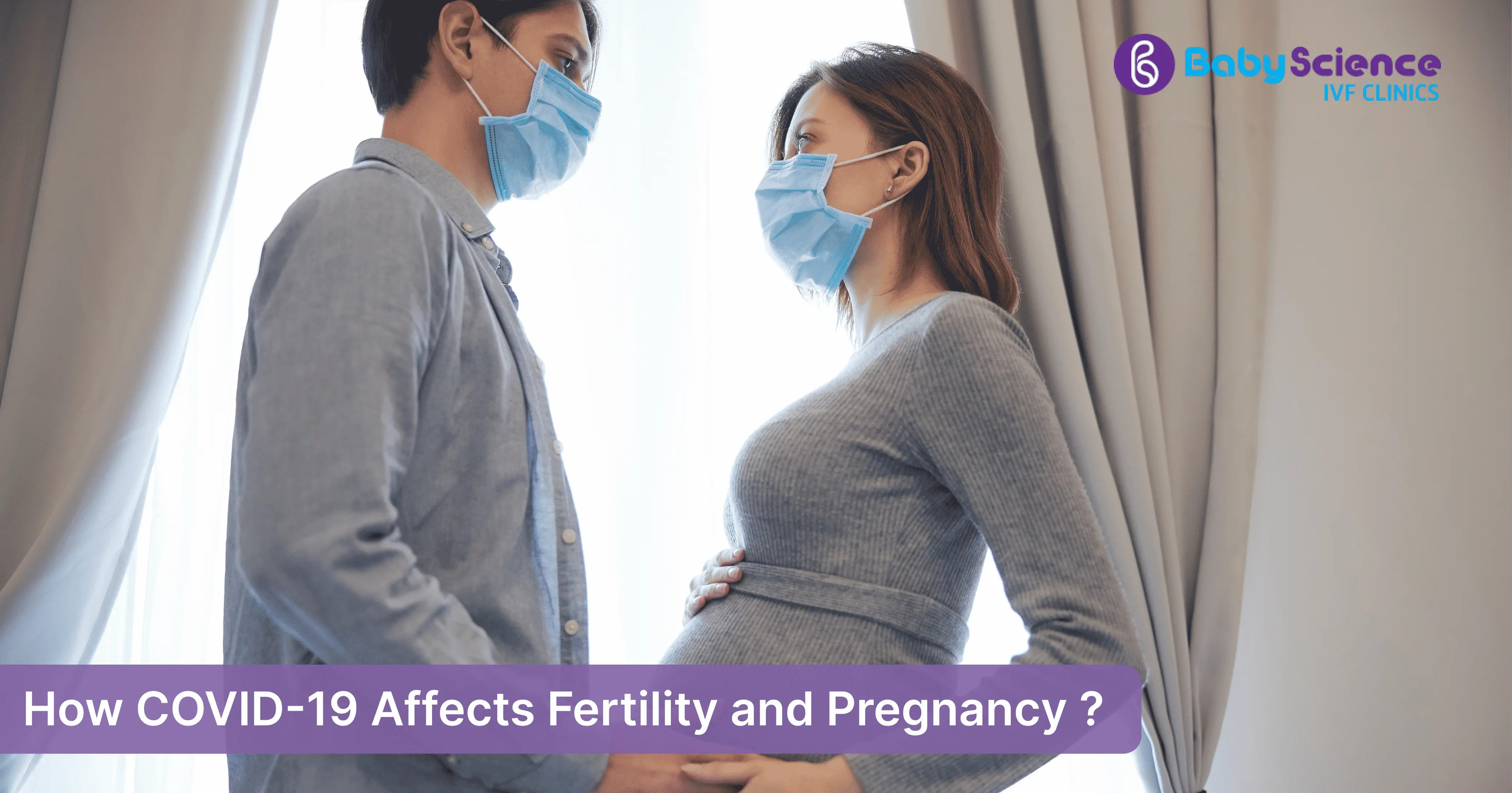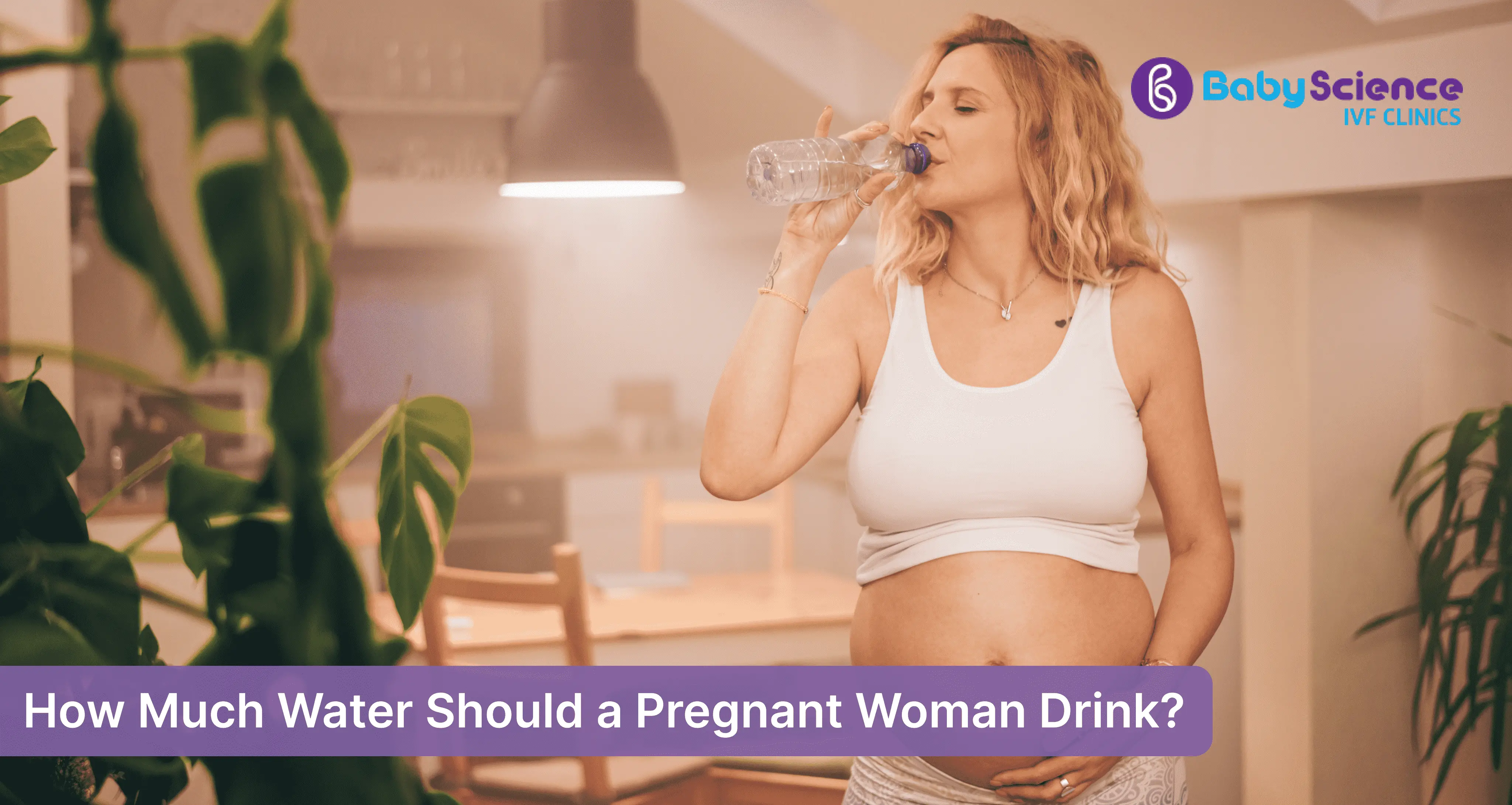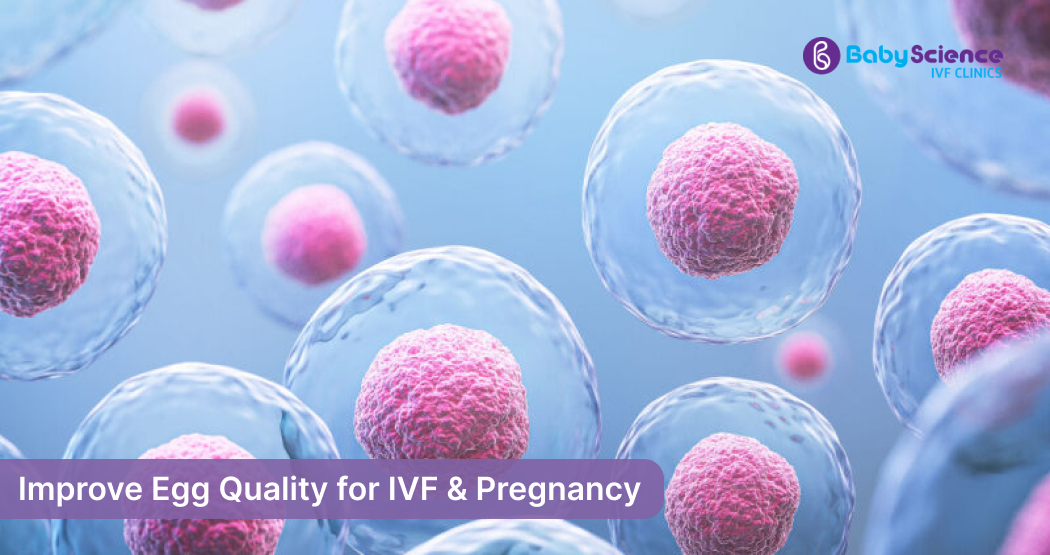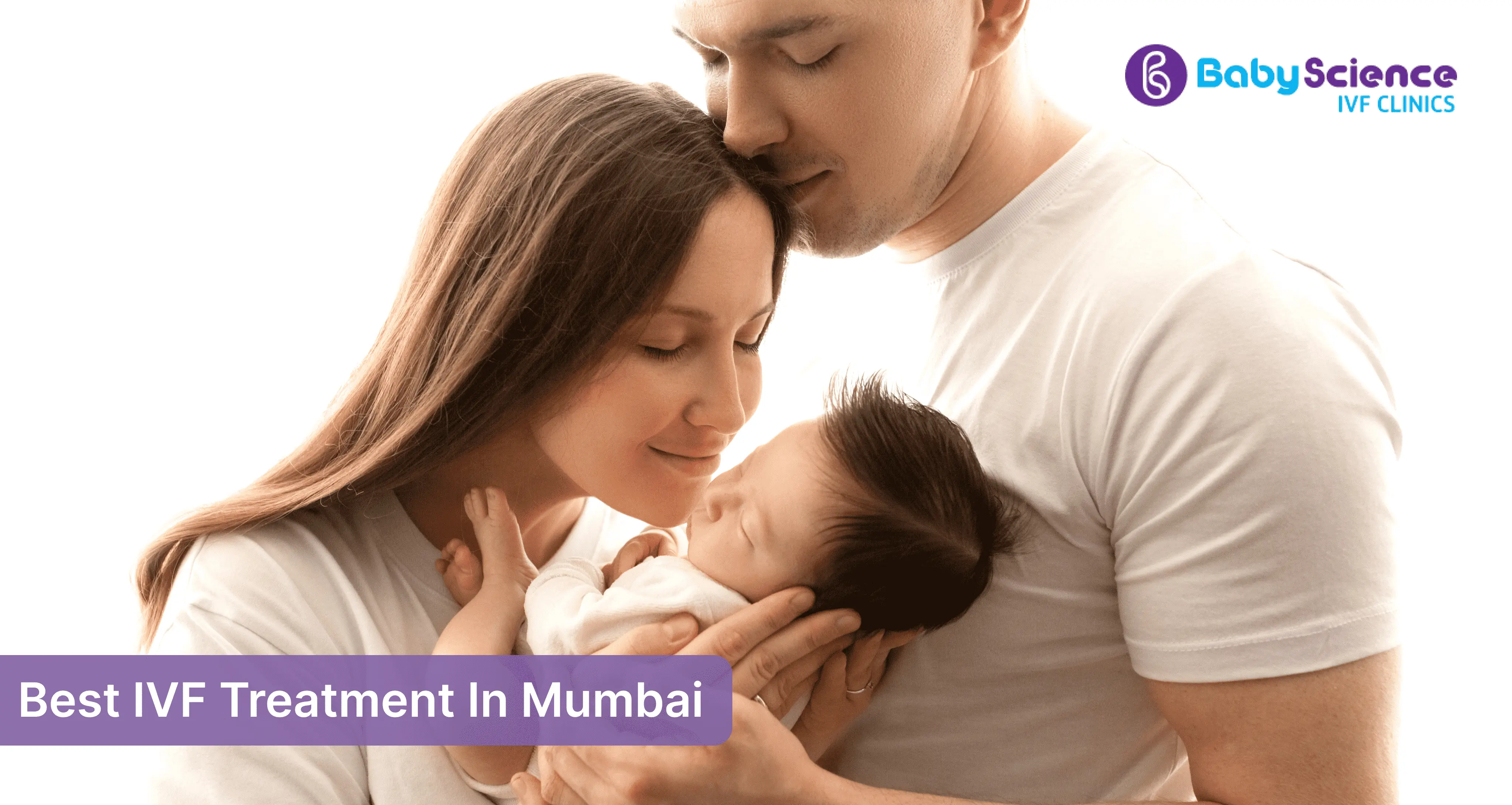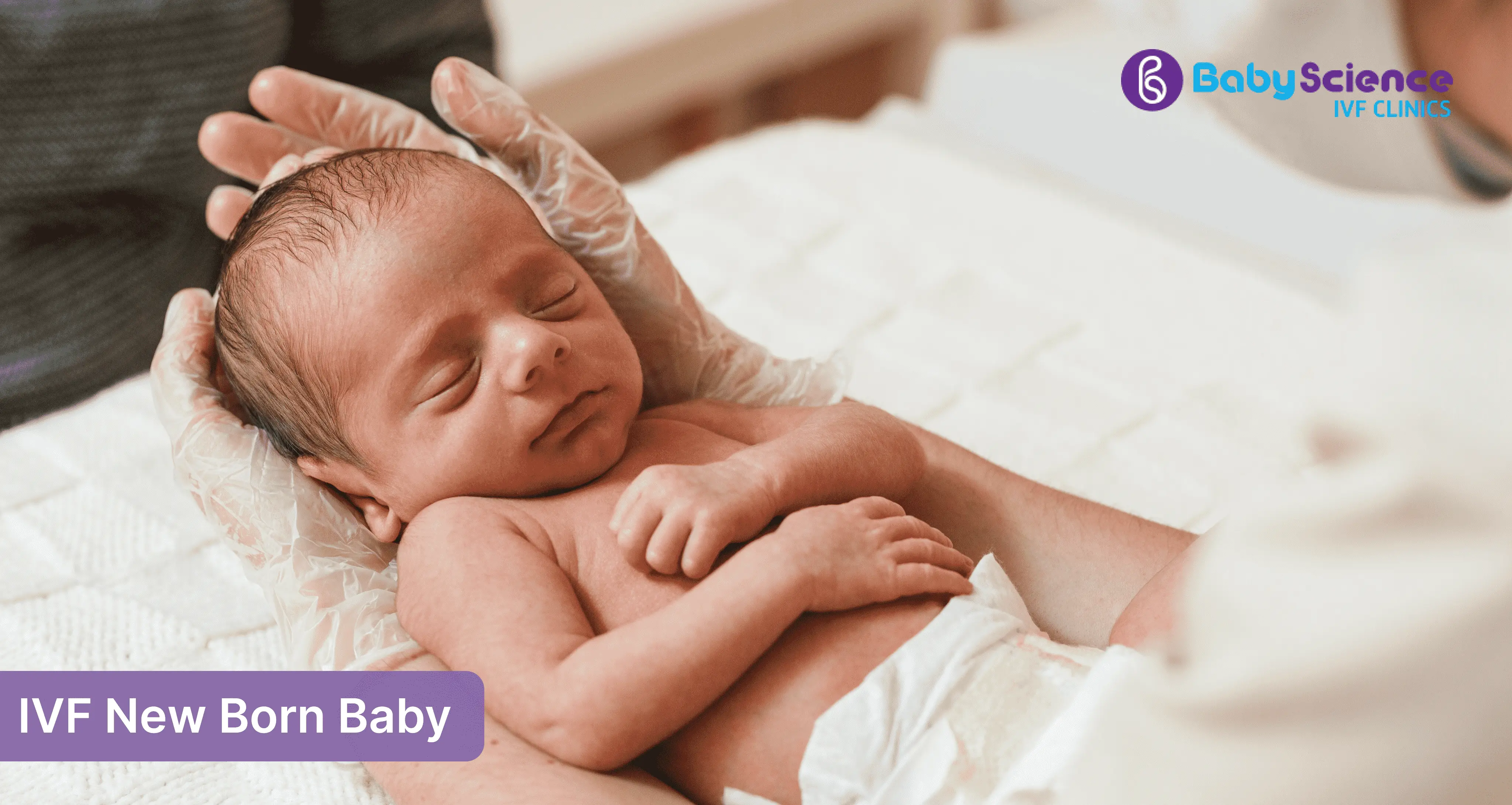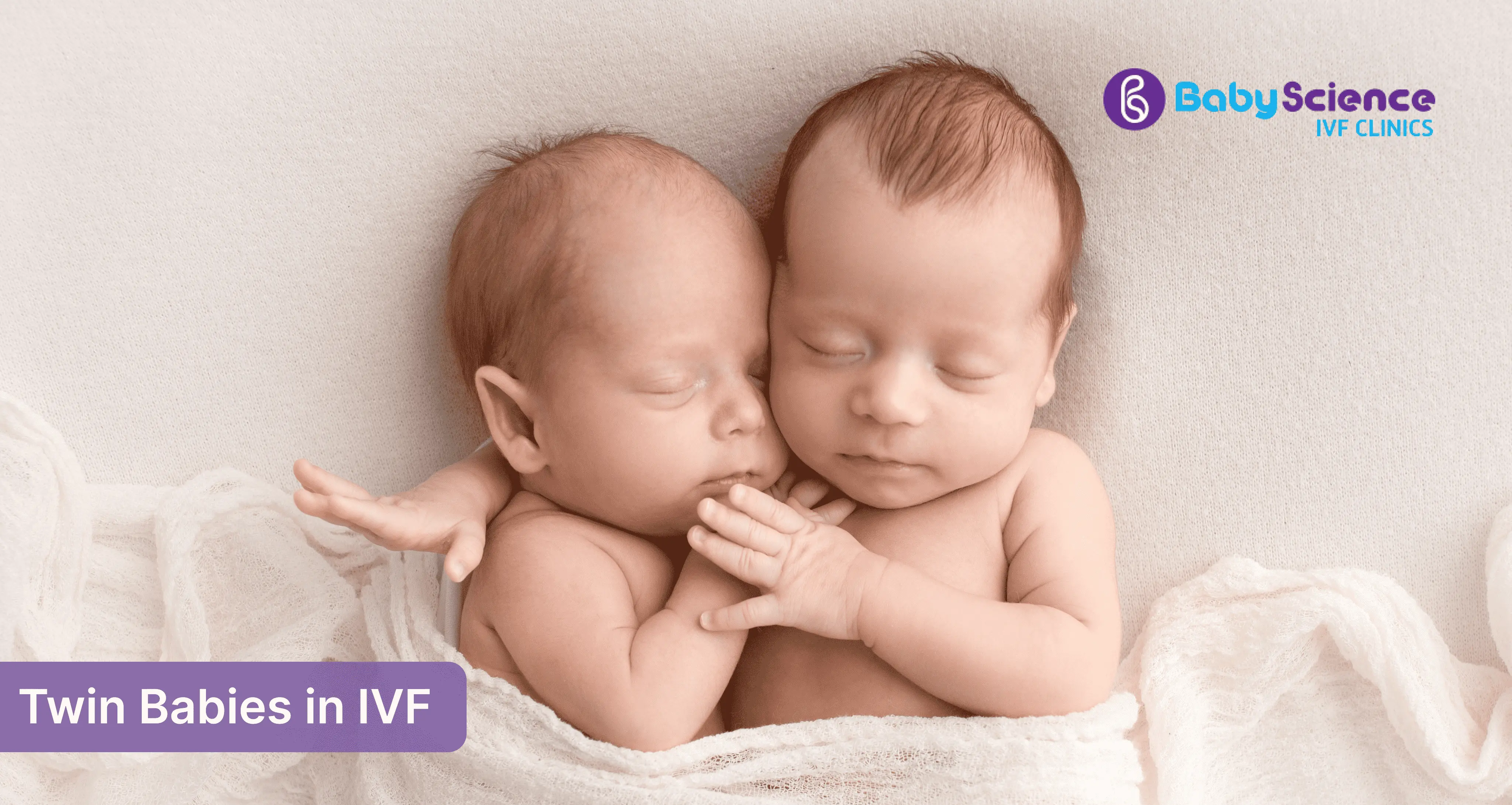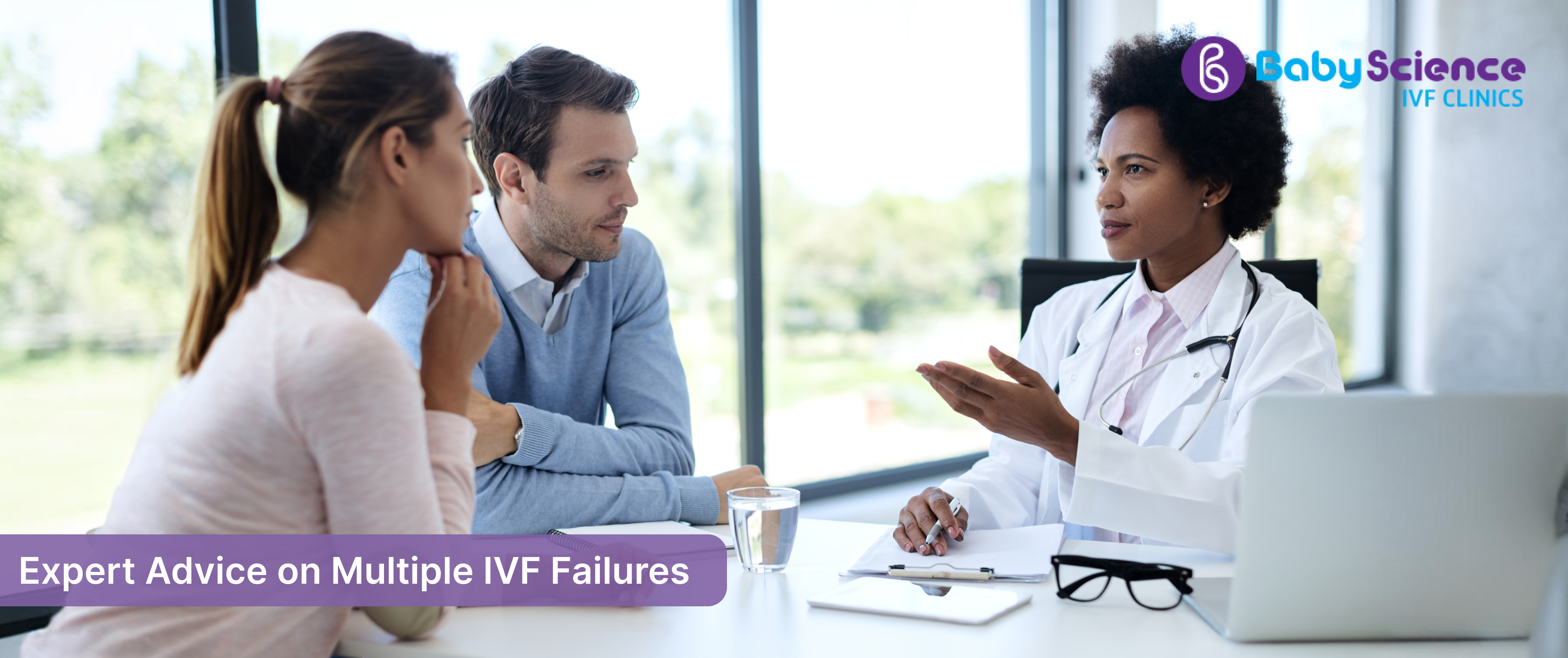
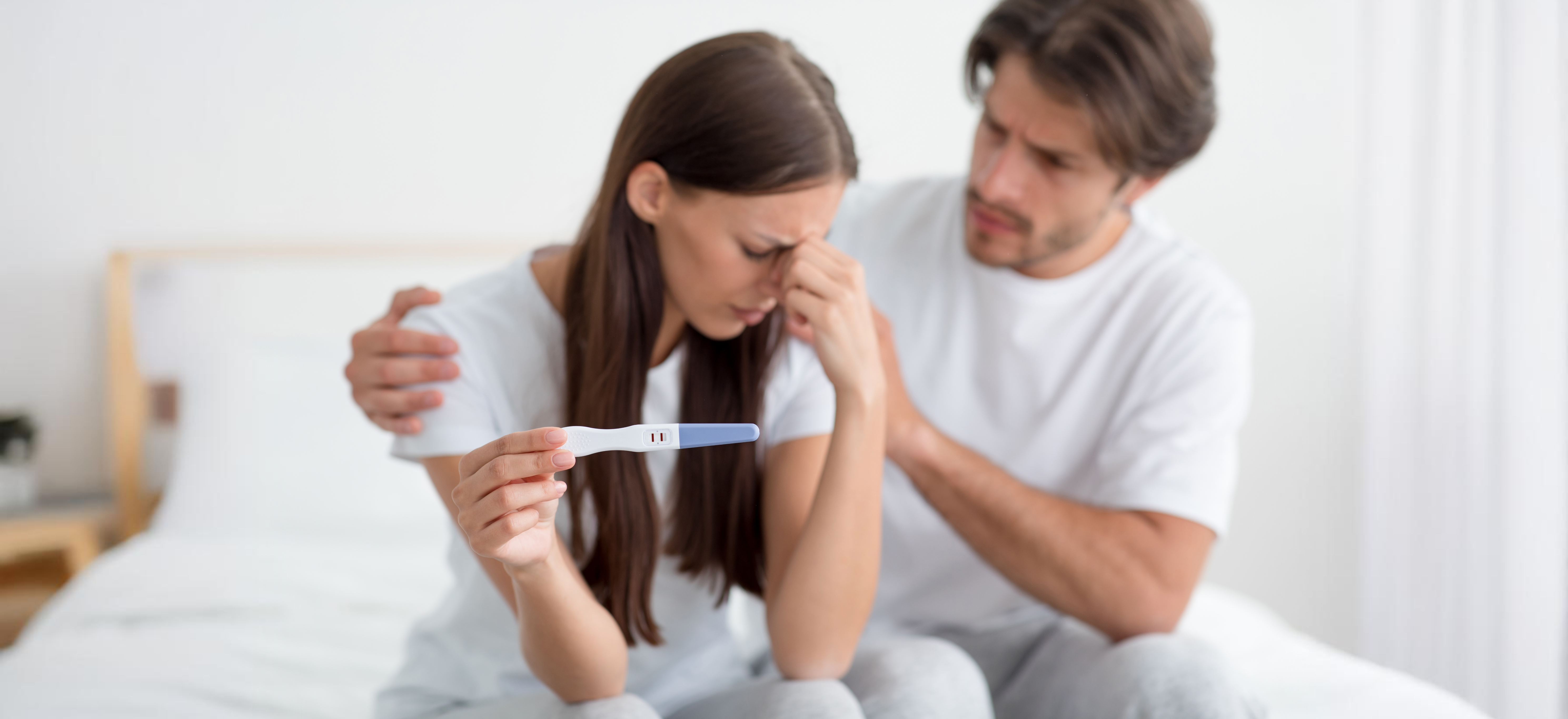
Before discussing the causes, it's important to understand what constitutes multiple IVF failures. "Repeated IVF failure" refers to situations where there have been three or more unsuccessful attempts to conceive using healthy embryos. This term applies both to cases where a woman cannot become pregnant and to those where a pregnancy ends in early miscarriage.
Multiple IVF failures can happen for various reasons, and they are not always the mother's fault.
We Are Always There for You. Feel Free to Call Us for Any Help
Embryo Quality
Most IVF failures happen when embryos stop developing. If embryos don't implant after being transferred, it is often due to an issue that preimplantation genetic screening didn't catch. Embryos need to be healthy enough to grow in order to implant successfully.
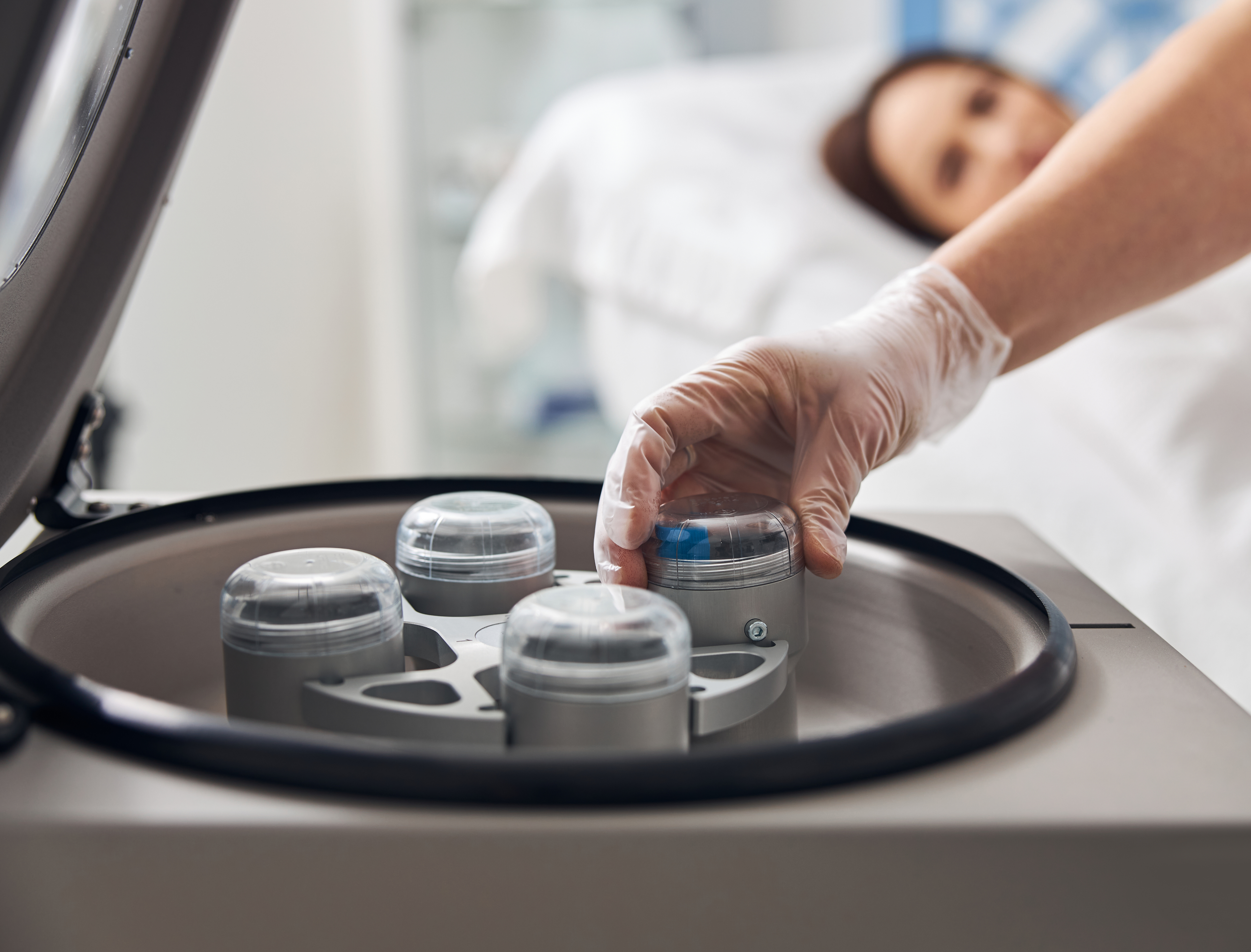
Age of Eggs
The quality of an embryo depends on the age of the egg, which can cause repeated failures for women over 35. Women have all their eggs from birth, but the quality of these eggs decreases as they get older. Near menopause, it becomes harder to collect viable eggs. Women under 35 have a 45% implantation rate, while women over 40 generally have a 15% rate.
Autoimmune Disorders
About 10% of people have autoimmune diseases, and 80% of them are women. These diseases happen when the immune system attacks healthy tissue, leading to inflammation and cell death. Common autoimmune diseases include Hashimoto's thyroiditis, Addison's disease, celiac disease, type 1 diabetes, and lupus.
In some women with autoimmune diseases, antibodies can prevent embryos from implanting, causing multiple IVF failures. Many people only find out they have an autoimmune disease when they investigate why they can't get pregnant.
Chromosomal Issues
Just like with natural conception, the main reason for IVF failure is chromosomal abnormalities in embryos. Starting in their mid-30s, women's eggs begin to have more chromosomal issues. By the time a woman reaches her mid-40s, about 75% of her eggs may have abnormalities.
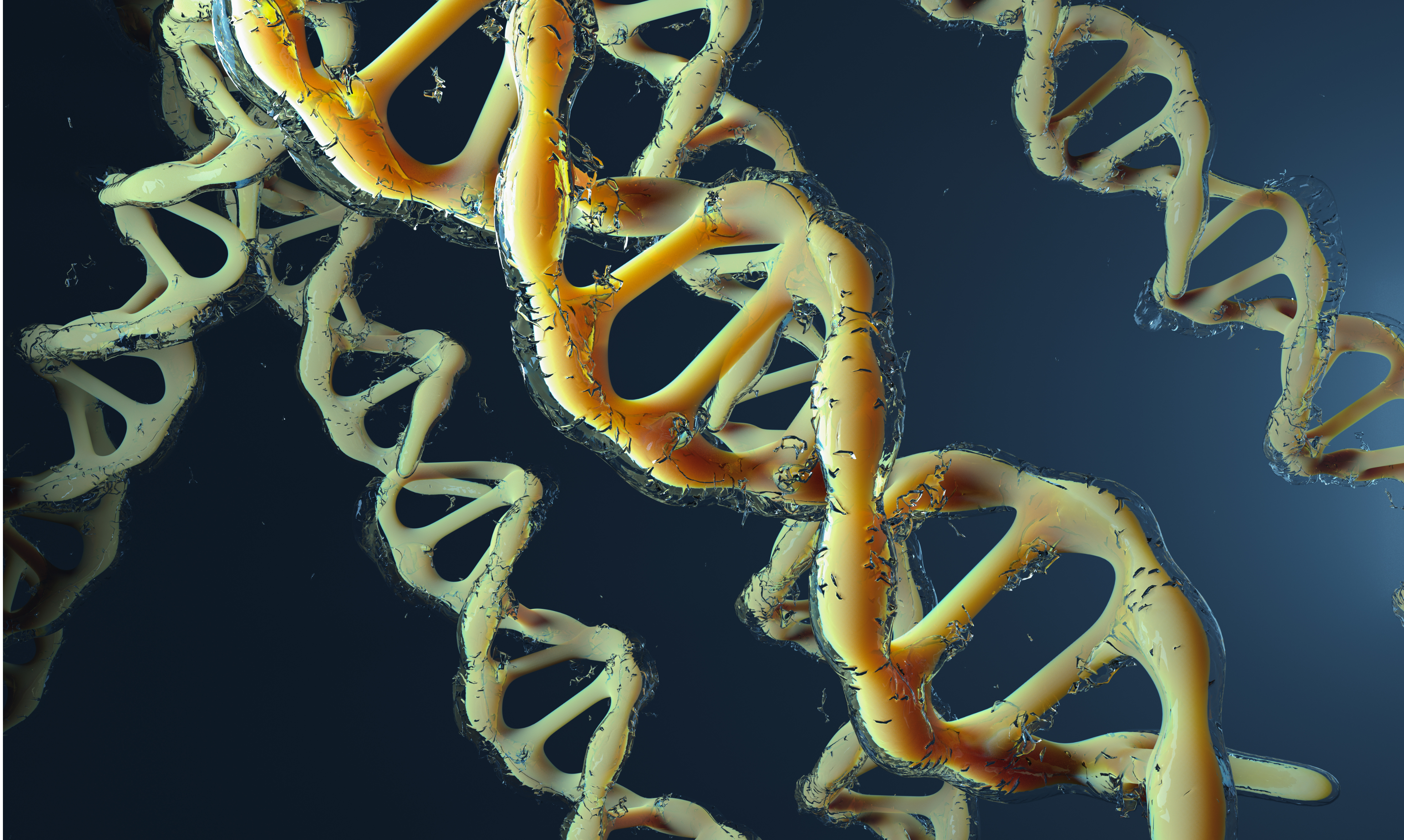
Men also experience an increase in chromosomal abnormalities in their sperm as they age. Preimplantation genetic screening or testing can detect these chromosomal abnormalities in embryos before they are implanted in the uterus.
Lifestyle
Your IVF success can be affected by smoking, drinking, poor nutrition, and being significantly underweight or overweight. For example, smoking doubles the number of IVF cycles needed for conception and increases the risk of miscarriage.
What Are the Next Steps When IVF Fails
Infertility Counselling
Infertility counseling provides a safe space to express your feelings and emotions without worrying about offending your partner or anyone else. It allows you to release your emotions instead of bottling them up, which can lead to more stress later. Your counselor can help you develop coping strategies and techniques during this process.
Endometrial Receptivity Assay (ERA)
An endometrial biopsy is done to check if the uterus is ready for embryo implantation by examining gene expression. This helps the specialist determine the optimal day for embryo implantation.
Uterine Evaluation/
Hysterosalpingogram
As part of a detailed examination of the uterus, the fallopian tubes are also assessed. This helps to understand the precise condition of the tubes, which is crucial for a successful IVF cycle. Having this information can cut the risk of failure by almost half.
Additional IVF Cycles
When an IVF cycle doesn't succeed, individuals and couples often try again with additional attempts. Achieving success with IVF typically involves undergoing multiple cycles.
How Many IVF Cycles Does a Person Usually Need?
According to Dr. Manjunath CS, a fertility specialist at Baby Science IVF Clinic it's typically estimated that about three IVF cycles are necessary, on average, for conceiving using one's own eggs. However, the actual number of cycles needed varies depending on factors like a woman's age, ovarian reserves, the condition of her fallopian tubes, and her lifestyle choices. Generally, younger women under 35 tend to have the highest success rates with IVF. Ovarian reserve refers to the number of good-quality eggs a woman has. Healthy fallopian tubes are also important for successful pregnancy as blockages can make conception difficult. Additionally, lifestyle factors such as smoking or being overweight can significantly impact the success of IVF.
Recommended Reads
- Top IVF Specialists in Delhi 2024 the Best Fertility Doctors
- How Much Water Should a Pregnant Woman Drink?
- How to Improve Egg Quality for IVF & Pregnancy ?
Useful Links
- Dr. Manjunath CS, MD (Sr. Consultant)
- Dr. Aarthi Mani (Sr. Consultant)
- Dr. Kavya D Sharma (Sr. Consultant)





